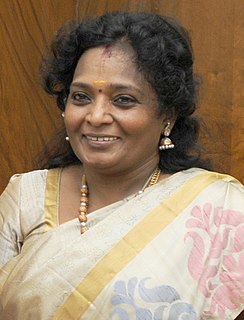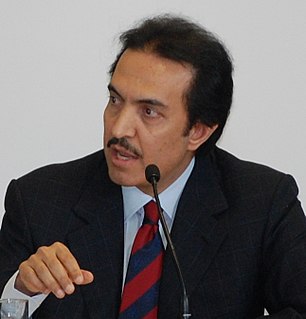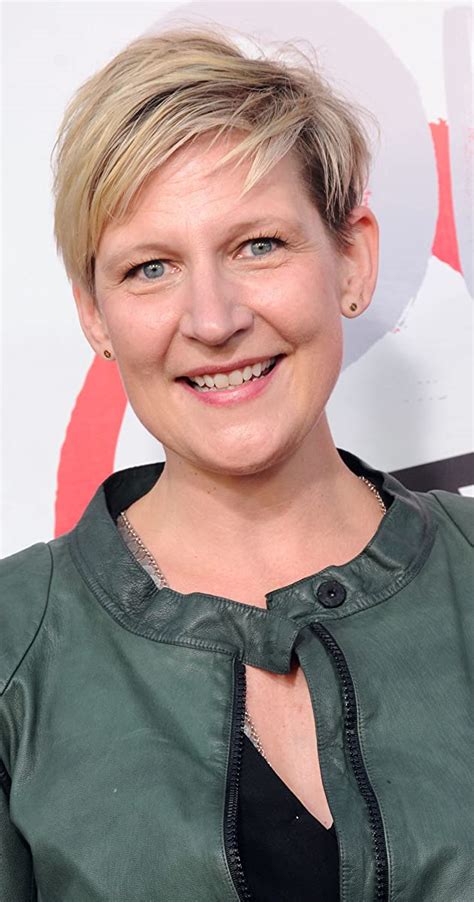A Quote by Maryanne Wolf
I work in a mix of areas and am informed by them all: child development, psycholinguistics, education, and most especially, cognitive neuroscience.
Quote Topics
Related Quotes
The mental cognitive processes that we're targeting are ones that narrow human beings' repertoire and make it harder for them to learn to be more flexible, to take advantage of the opportunities in front of them. We can have something to help with in areas like child development or organizations and schools, or maybe even how peoples interact with each other, one to the other. We've taken the work into things like prejudice and stigma, because if we can't solve that we have planes flying into buildings. So it applies broadly because anywhere that a human mind goes these processes go.
In Burma, we need to improve education in the country - not only primary education, but secondary and tertiary education. Our education system is very very bad. But, of course, if you look at primary education, we have to think in terms of early childhood development that's going back to before the child is born - making sure the mother is well nourished and the child is properly nurtured.
Cognitive neuroscience, and social theorists from Weber to Bourdieu, have recognized that humans act, most of the time, habitually, not reflectively. Both at intrastate and inter-states levels, habits play critical roles in mitigating uncertainty, providing a sense of order, and entrench patterns of cooperation or enmity.
We already know that kids who get put in front of TVs instead of interacting, this is not good in all kinds of ways. And it's just not good for their cognitive - it's not good for their social development - I mean, that is incredible that kids in kindergarten... We should be moving away from screens at all levels of education, not moving into them.
Everyone deserves the best start in life, which is what UNICEF is working to provide the world's most vulnerable children. Education is essential to a child's development. I hope that as an Ambassador I can encourage people to join UNICEF's mission to make education a reality for children throughout the world.
The higher education has always appealed to the South Asian social leaders across all the countries in South Asia. But primary education has been neglected. The oddity, by the way, is if you look at the contrast in India, there are some areas like Kerala where there's a long history of educational development.
Most development doesn't make it to series. So you want the writer and director to have a really good experience with development because, if it doesn't work out, you want to work with them again. You have to know their work really well, know the drafts really well, and when you give notes, you need to have really thought them through.




































